In this photo taken on January 25, 2012, the prominent Fatah leader Marwan Barghouti appears in front of the Jerusalem court (AP). The raid by Israeli National Security Minister Itamar Ben-Gvir on the cell of Palestinian prisoner Marwan Barghouti has sparked widespread reactions, not only because of its political implications and the fear it raised for Barghouti’s life, but also due to its symbolism regarding one of the most prominent symbols of the “Palestinian resistance” in the last two decades. In a widely circulated video on social media, Ben-Gvir stormed Barghouti’s cell threatening and warning him, saying: “You will not win. Whoever messes with the State of Israel, and kills our children and women, we will eliminate him. You must know this has happened throughout history.” His wife, Palestinian lawyer Fadwa Barghouti, said she did not recognize his features.
Barghouti (67 years old), sentenced to five life sentences, appeared frail in his cell at Ramon prison while receiving Ben-Gvir’s threats. Born in the village of Kobar, northwest of Ramallah, on June 6, 1958, Barghouti joined Fatah at the age of fifteen. At eighteen, in 1976, Israeli forces arrested him and imprisoned him for a period during which he learned Hebrew. Nicknamed “Dean of the Prisoners” and “Mandela of Palestine,” he is one of the oldest and most famous Palestinian prisoners and is seen as a global symbol of struggle, similar to Nelson Mandela. Barghouti faced repeated arrests and pursuit during his university years; he was detained in 1984 for several weeks for investigation, re-arrested in May 1985 for more than 50 days, and placed under house arrest the same year. He was administratively detained in August 1985, during which Israel applied a “iron fist” policy in the occupied Palestinian territories, reinstating administrative detention and deportation policies.
Barghouti was a leader in the First Intifada in 1987, arrested and deported to Jordan where he stayed for seven years. He returned to the West Bank in 1994 under the Oslo Accords signed between Israel and the Palestine Liberation Organization. In 1996, he was elected as a member of the Palestinian Legislative Council. On April 15, 2002, Israel arrested Barghouti from his home in the Al-Tira neighborhood of Ramallah and presented him to court. He was imprisoned following the Israeli Operation Defensive Shield that year, accused of founding the Al-Aqsa Martyrs’ Brigades, which he denied. The Brigades carried out a series of operations against the Israeli army and settlers during the Second Intifada, including attacks targeting civilians inside Israel. On May 20, 2004, the Tel Aviv Central Court session convicted him of five charges of general responsibility as secretary-general of Fatah in the West Bank.
The prosecution demanded the maximum penalty, and he was sentenced to five life sentences and forty years. The Al-Aqsa Brigades split from Fatah in 2007. Barghouti, who began his political activity at age fifteen in Fatah, mobilized support for the Palestinian cause and the two-state solution. At Fatah’s fifth general conference in 1989, Barghouti was elected to the Revolutionary Council among 50 members, directly elected by the movement’s conference of 1250 members. He was the youngest member elected to this leadership position at the time. In April 1994, he returned at the head of the first group of deportees to the occupied territories. Two weeks later, at the first meeting of Fatah leadership in the West Bank, chaired by the late Faisal Al-Husseini, he was unanimously elected as Al-Husseini’s deputy and secretary-general of the movement in the West Bank.
He was elected to the Palestinian Legislative Council after the 1996 general elections, receiving 12,716 votes in the Ramallah and Al-Bireh district representing Fatah. Barghouti holds a bachelor’s degree in history and political science, a master’s degree in international relations, and worked as a lecturer at Al-Quds University in Abu Dis until his arrest. He earned a doctorate while in prison and authored several books, including “The Promise,” “Resistance to Detention,” and “A Thousand Days in Solitary Confinement.” In October 2023, following the start of the Gaza war, Barghouti was placed in solitary confinement and transferred multiple times through at least four different Israeli prisons: Ofer, Ramla, Ohalei Kedar, and finally Megiddo. His son, Arab, said the prison director ordered his father to kneel; when he refused, he was forced down, resulting in a dislocated shoulder, according to a statement by the International Campaign to Release Marwan Barghouti.
His legal team reported in December 2023 that Barghouti was beaten several times during his detention in Ayalon prison, including being dragged naked on the ground in front of other prisoners. The statement also indicated that in February 2024, Barghouti was transferred to solitary confinement in Ramla prison, with ongoing frequent transfers between prisons. Human rights groups described these measures as punitive related to the Gaza war. On March 6, 2024, Barghouti was reportedly handcuffed and dragged to a camera-free area in Megiddo, where he was brutally beaten, causing him to collapse and lose consciousness. He sustained bruises on his face, back, legs, and right foot, according to the statement. In May 2024, his lawyer described him as physically weak, suffering from significant weight loss, impaired vision in his right eye, and general health deterioration. Conditions include narrow, dark cells and lack of adequate medical care for previous injuries.
On September 9, 2024, Barghouti suffered another violent assault while in solitary confinement in Megiddo. Reports indicated he had broken ribs, limb injuries, bleeding in the right ear, back pain, and infections from untreated wounds. Barghouti’s name has been mentioned in ceasefire negotiations between Israel and Hamas, including the release of Israeli hostages and several Palestinians in Israeli prisons, but he has not been released yet. Some Israeli media reports suggested Israel might release Barghouti on the condition of his exile outside the Palestinian territories.



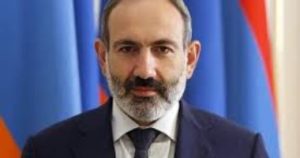
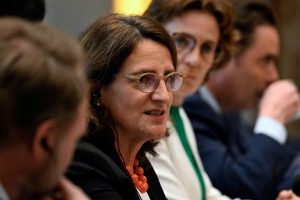
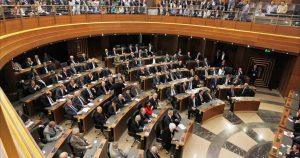
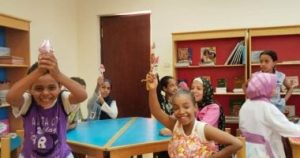
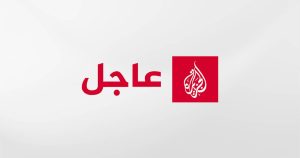
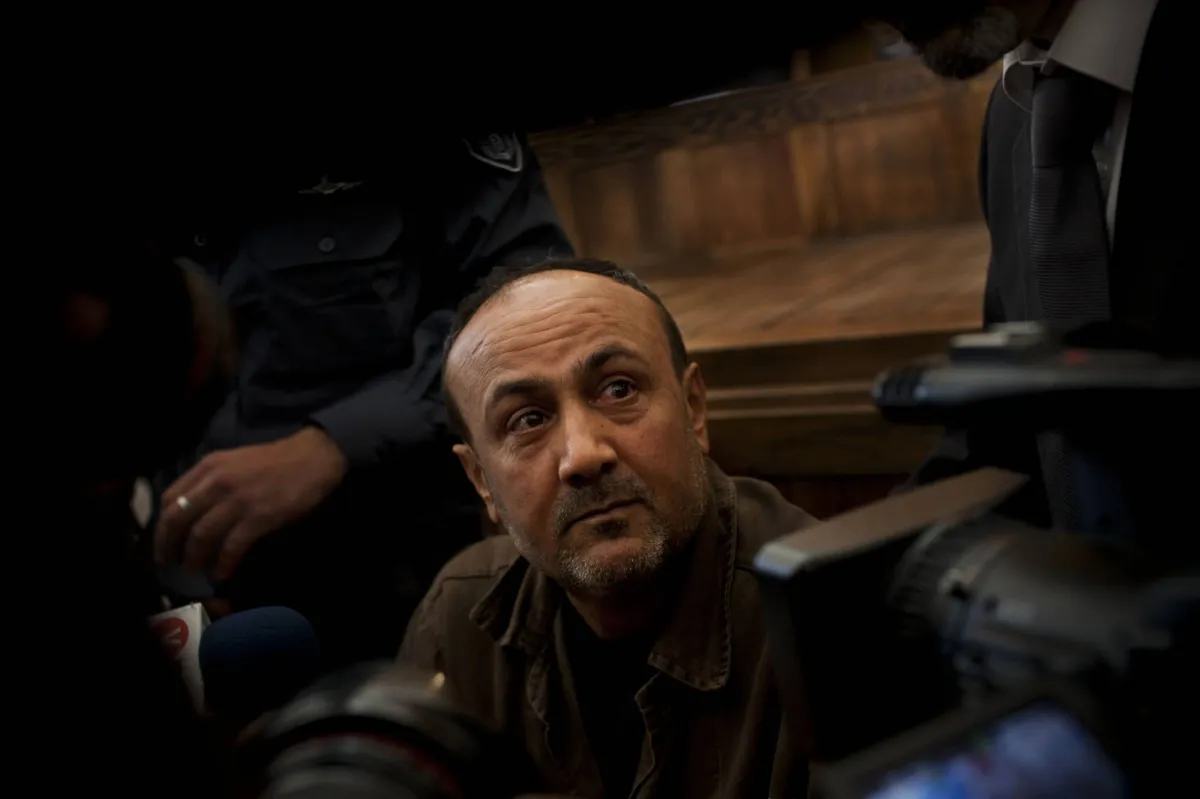
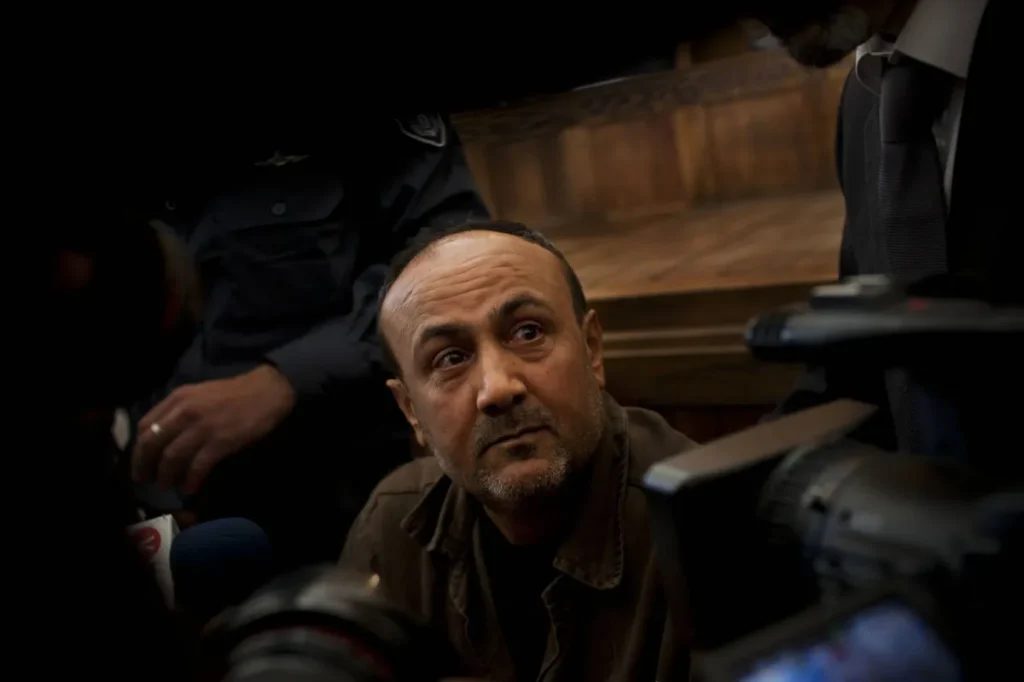




Recommended for you
Exhibition City Completes About 80% of Preparations for the Damascus International Fair Launch
Talib Al-Rifai Chronicles Kuwaiti Art Heritage in "Doukhi.. Tasaseem Al-Saba"
Unified Admission Applications Start Tuesday with 640 Students to be Accepted in Medicine
Egypt Post: We Have Over 10 Million Customers in Savings Accounts and Offer Daily, Monthly, and Annual Returns
His Highness Sheikh Isa bin Salman bin Hamad Al Khalifa Receives the United States Ambassador to the Kingdom of Bahrain
Al-Jaghbeer: The Industrial Sector Leads Economic Growth